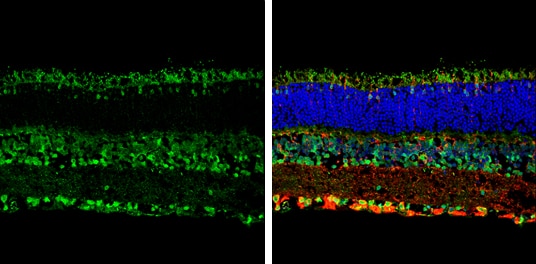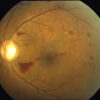Recently released findings in eNeuro suggest a possible correlation between exposure to light during pregnancy and fetal brain development.
The study was initiated by researchers at Umeå University in Sweden.
During their study, researchers focused on a light receptor known as Opsin 3. The light receptor is expressed in the central and peripheral nervous systems during early fetal development.
“Opsin 3 (Opn3) is highly expressed in the adult brain, however, information for spatial and temporal expression patterns during embryogenesis is significantly lacking,” the authors of the study explained.
“The widespread, yet distinct, detection of Opn3-eGFP already at early embryonic stages suggests that Opn3 might play important functional roles in the developing brain and spinal cord to regulate multiple motor and sensory circuitry systems, including proprioception, nociception, ocular movement, and olfaction, as well as memory, mood, and emotion.”
“This study presents a crucial blueprint from which to investigate autonomic and cognitive opsin-dependent neural development and resultant behaviors under physiological and pathophysiological conditions,” researchers concluded.
The study was published online on August 20th, 2021.


